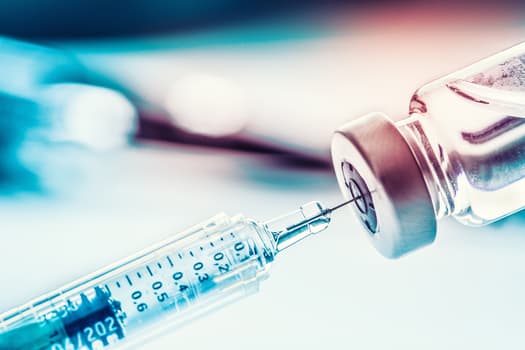
A woman who tested positive for HIV eight years ago has been cured.
She was cured of the disease despite not taking any medication, doctors have revealed today.
According to Dailymail, the unidentified 30-year-old, of Argentina, is only the second person ever recorded whose immune system has naturally rid their body of the virus.
The 'Esperanza Patient', as she is known, was first diagnosed with HIV in 2013 — but now has undetectable levels of the virus in her body.
For the first eight years after being diagnosed she received no medication except for six months when she was pregnant, to ensure her baby would be healthy.
Researchers say the discovery brings a potential cure closer for the 38million people living with the AIDS-causing infection worldwide.
A group of Harvard-based medics announced the discovery at a major international meeting of HIV experts in March.
Medics then revealed the patient, whose ex-boyfriend died of AIDS, had no disease-causing or 'intact' virus.
The findings have now been confirmed in the Annals of Internal Medicine.
Dr Xu Yu and colleagues found no intact traces of the virus in the 1.5billion blood and tissue cells they analysed.
No other details of the woman are currently public but doctors at the time called her 'athletic and beautiful' and revealed she had a boyfriend and a newborn baby, both of whom were HIV-negative.
Only one other person has also naturally cleared the virus. Loreen Willenberg's story was first revealed last August. The 67-year-old, of San Francisco, was diagnosed with HIV 30 years ago.
Academics claimed she could be 'added to the list' of cured HIV patients, next to the 'Berlin patient' Timothy Ray Brown and the 'London patient' Adam Castillejo.
Both Mr Brown and Mr Castillejo had cancer and received a bone marrow transplant from a donor with HIV-resistant genes to wipe out the disease and the AIDS-causing virus in one fell swoop.
But neither Ms Willenberg — or the Esperanza patient — had the risky treatment.
The two women are examples of elite controllers, a rare group of people who have never taken antiretroviral therapy but show no signs of the virus in their blood.
Normally, when a person gets infected with HIV, the virus attaches to their immune cell's DNA and reproduces from there.
Anti-retroviral therapy can help prevent the replication process but cannot eliminate HIV in the body altogether, meaning people need to take daily treatment to suppress the virus.


